Eritrea
A delegation from Eritrea will arrive in Addis Ababa this week as Ethiopia’s prime minister appears ready to resolve one of Africa’s most intractable military stand-offs.
Eritrea fought a border war with its larger neighbour in 1998-2000 that killed about 70,000 people, and disputes still remain over the still-militarised frontier, in particular the town of Badme.
Ethiopian Prime Minister Abiy Ahmed, who has outlined a series of radical reforms since taking office in April, made a surprising pledge this month to honour all the terms of a peace deal that ended the conflict.
Abiy, who was at a rally hit by a grenade attackgrenade attack on Saturday, said earlier this month he was prepared to honour international rulings that put Badme, which Ethiopia has refused to cede, in Eritrea.
On Monday, an Ethiopian Foreign Affairs ministry spokesman said representatives from the neighbouring Horn of Africa nation would arrive in Addis Ababa this week.
“A delegation from Eritrea will arrive in Addis Ababa this week,” he told Reuters.
Eritrean President Isaias Afwerki raised hopes of a breakthrough last week by describing the recent peace overtures from Abiy as “positive signals”.
Eritrea gained independence from Ethiopia in 1991 after decades of guerrilla struggle.
ALSO READ: Ethiopia PM appeals for unity, pledges democracy and improved relations with Eritrea
REUTERS



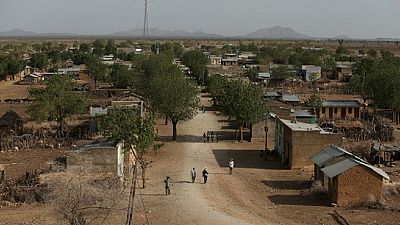

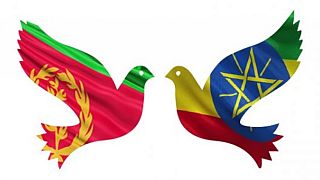
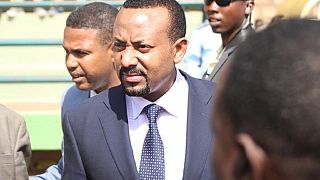
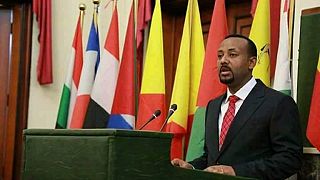
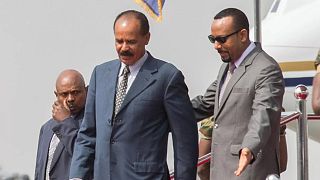
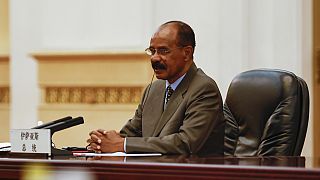
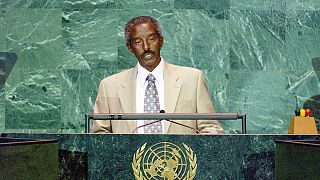
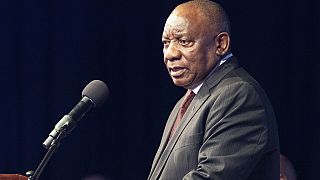
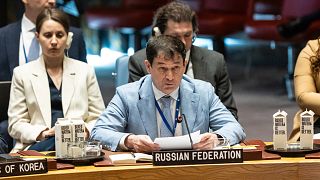
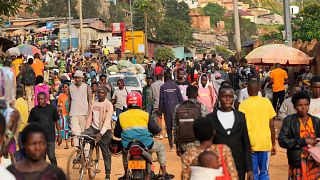
02:16
Fossil discovery in Ethiopia reveals missing chapter in human evolution
02:31
Lucy, icon of human evolution, travels to Europe for landmark exhibition
00:58
Shamans perform peace ritual as diplomatic row between Peru and Colombia heats up
01:02
Ethiopia: African Development Bank to invest $500 million in new airport
01:54
Summit with Putin: expert warns of "alarming" u-turn by Donald Trump
00:56
"Week of hell at sea": 7 Ethiopian migrants die on boat to Yemen